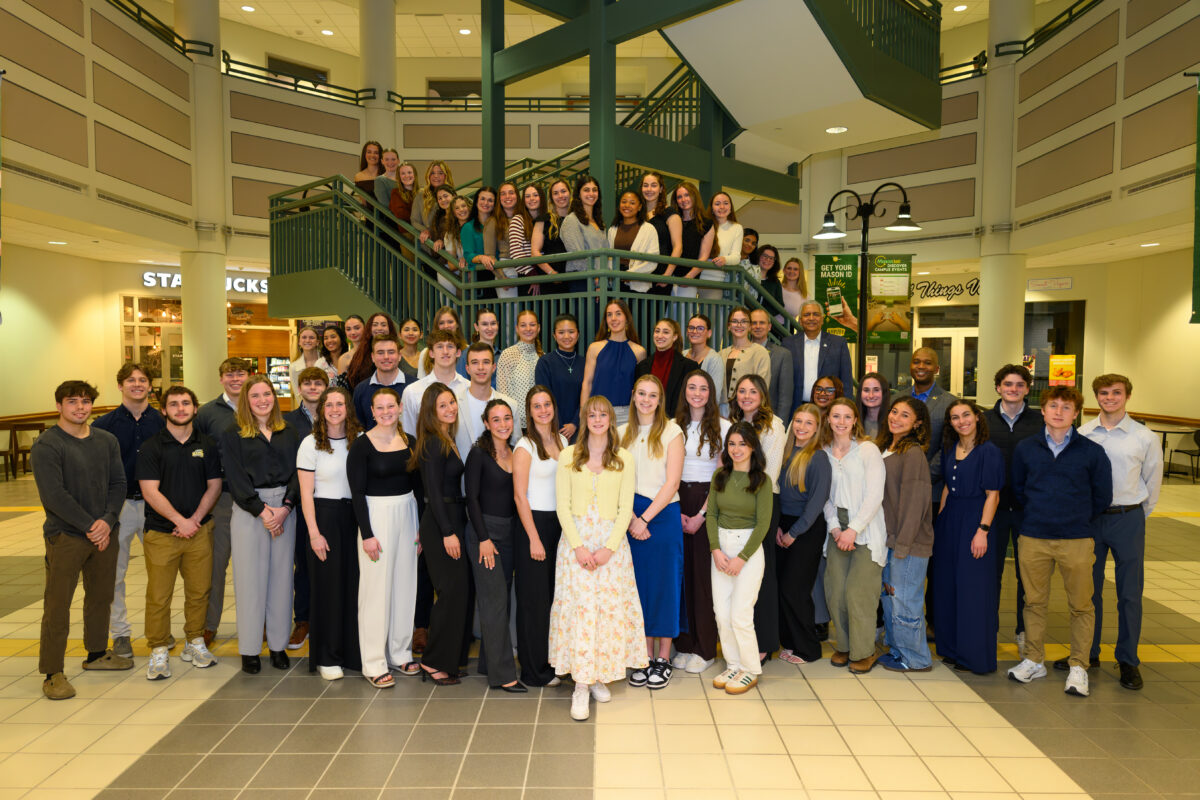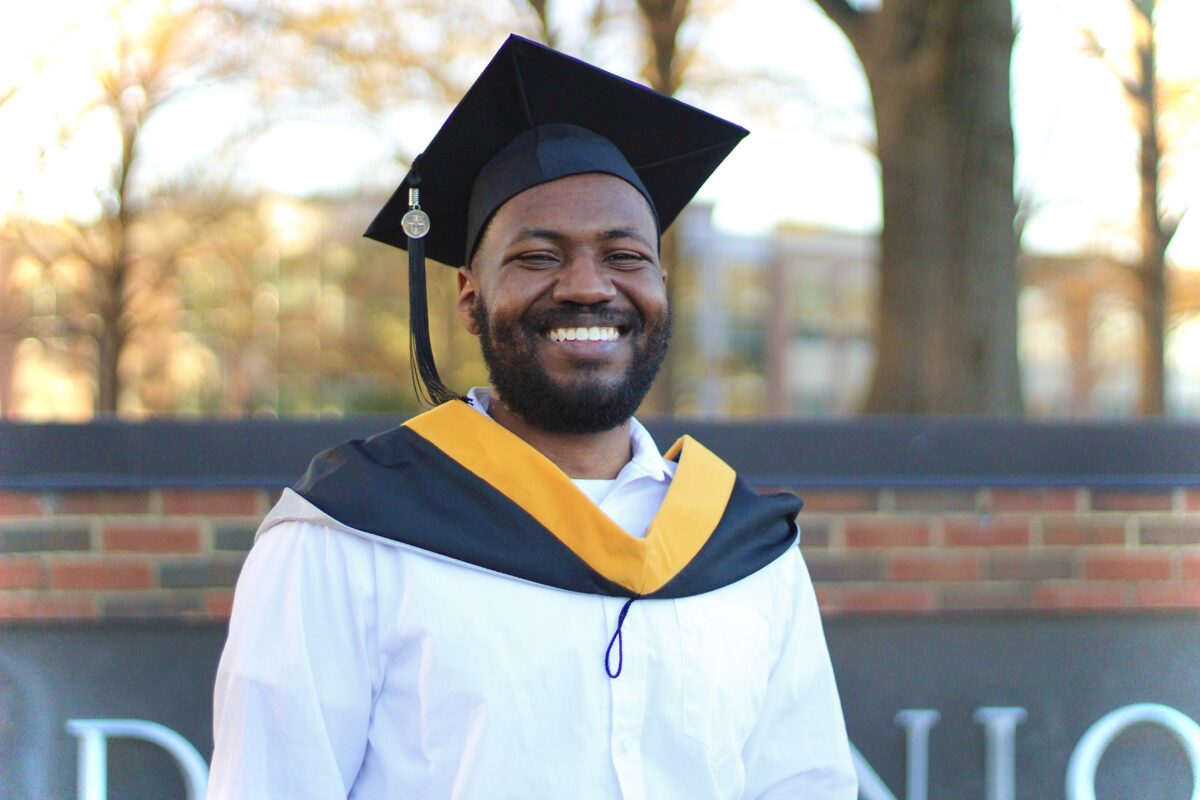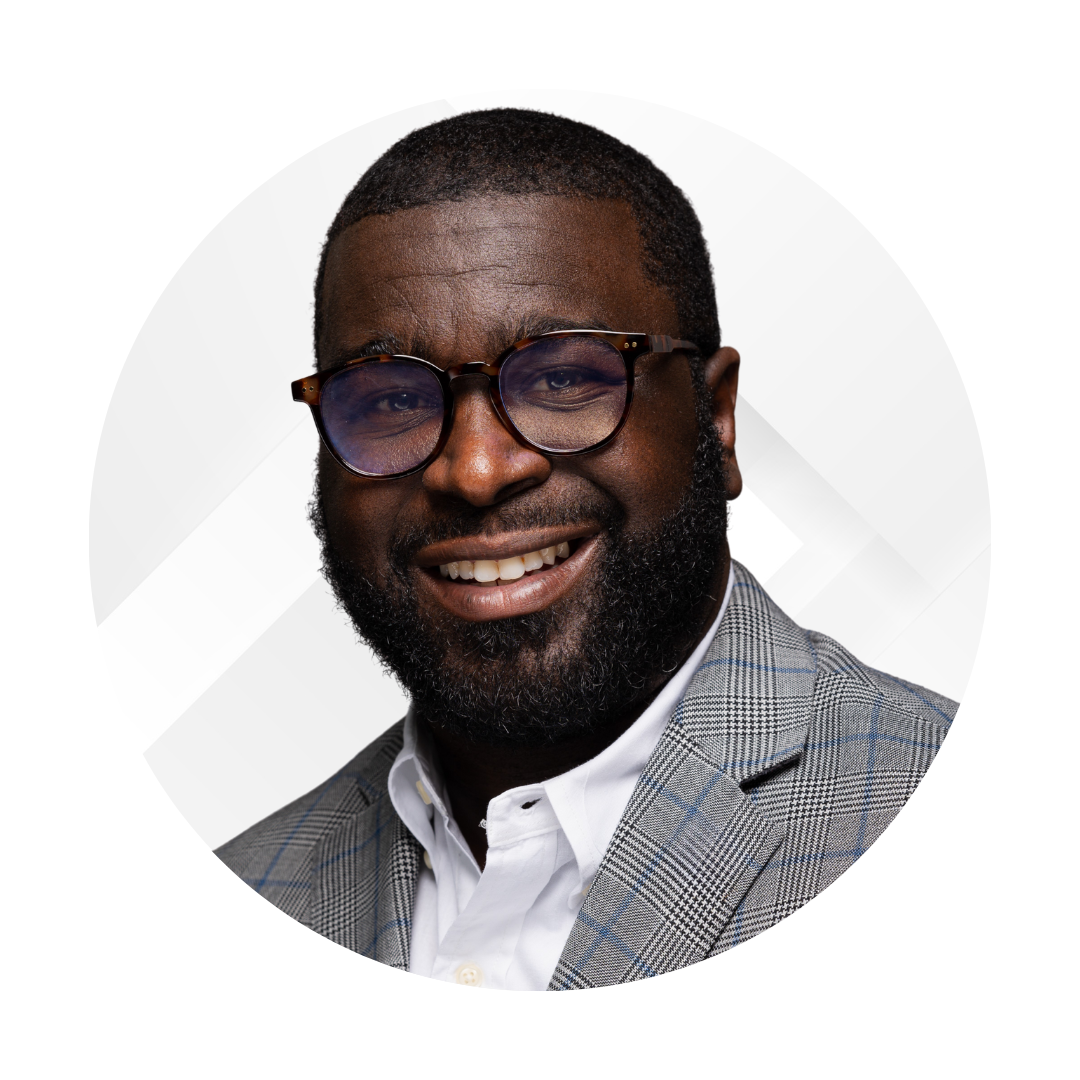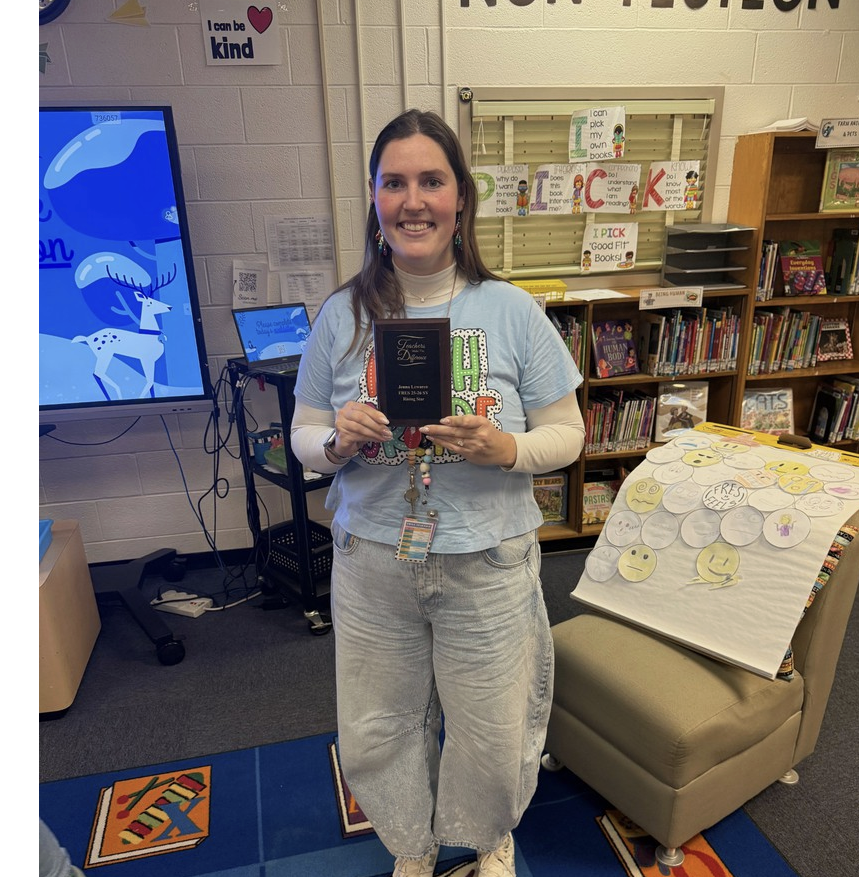The 2026 Peter N. Stearns Provost Scholar Athlete Awards Ceremony is in its 18th year. This prestigious award recognizes George Mason University student-athletes who have earned at least 38 credit hours over the course of three semesters and achieved a cumulative GPA of 3.75 or higher. The awards ceremony took place on February 23, 2026. Keep reading to see all of the CEHD award recipients.




